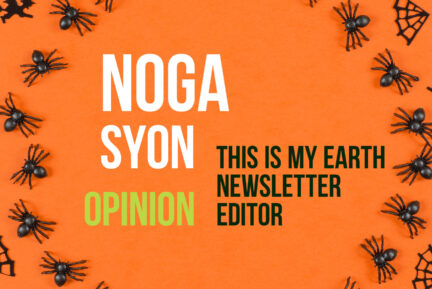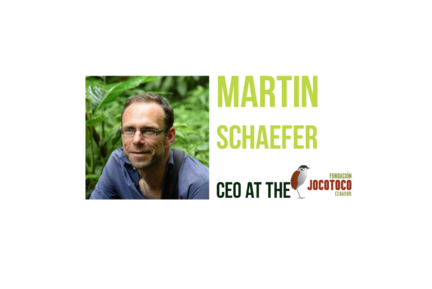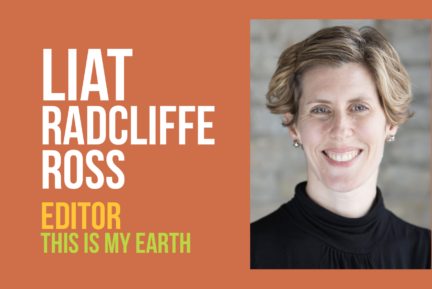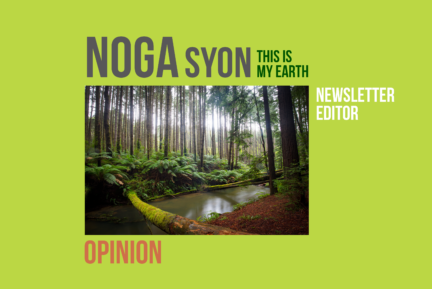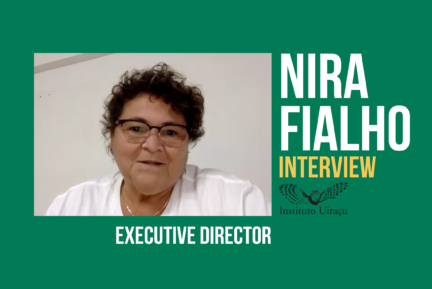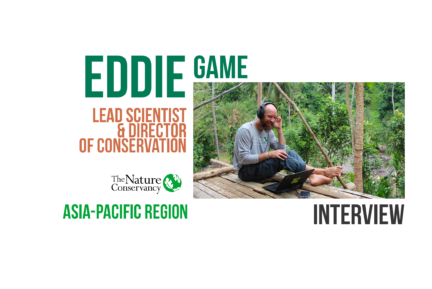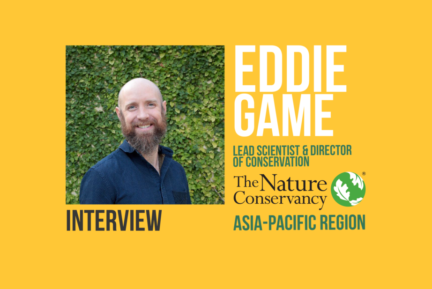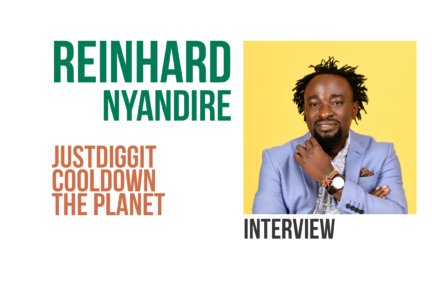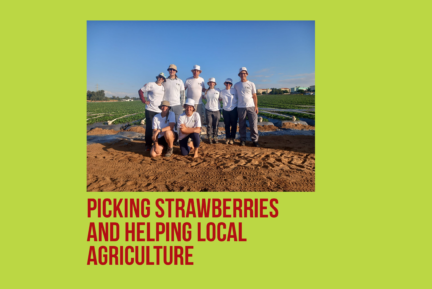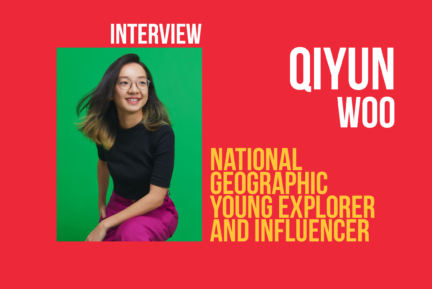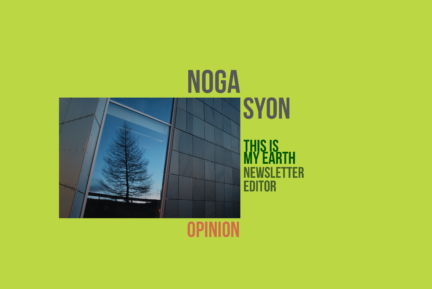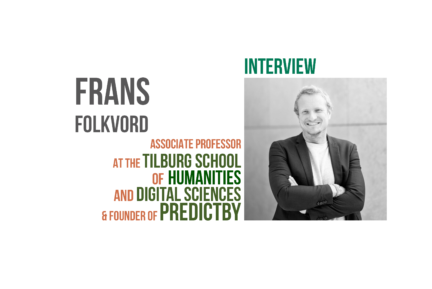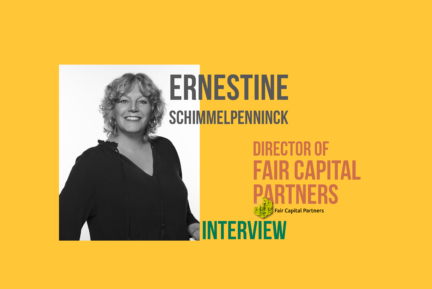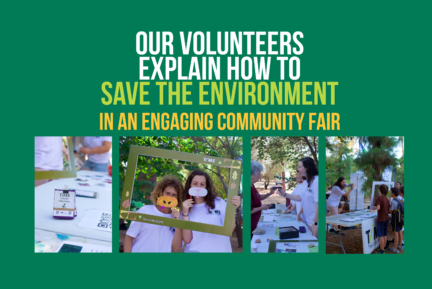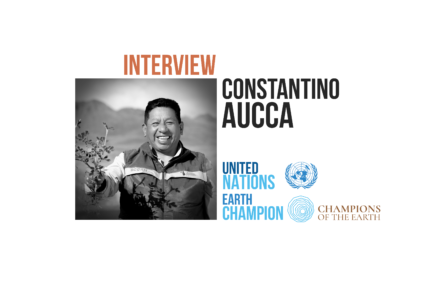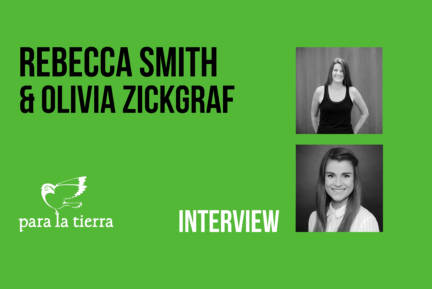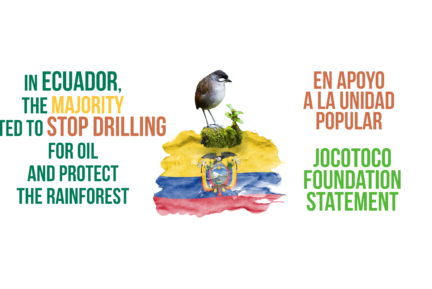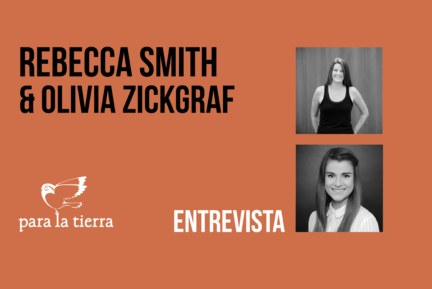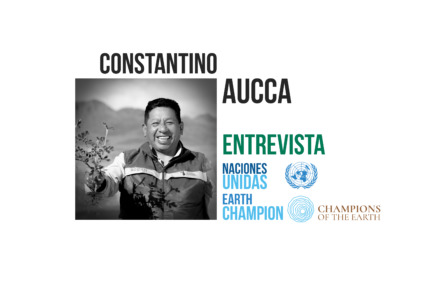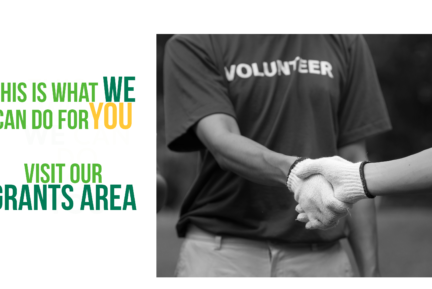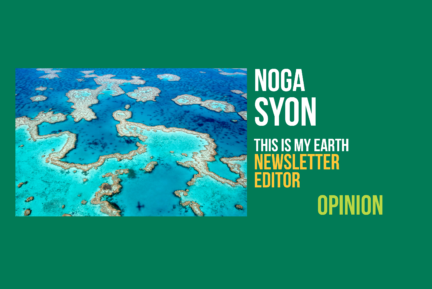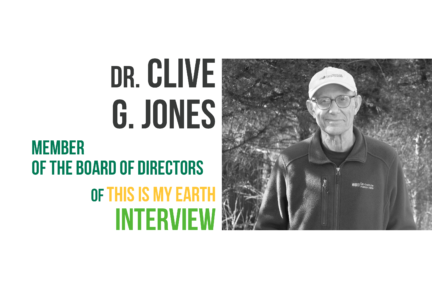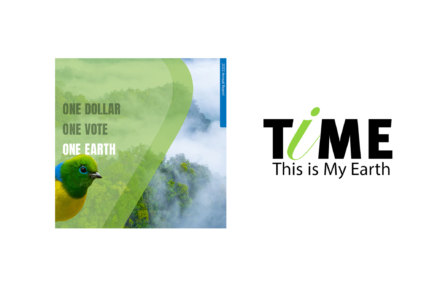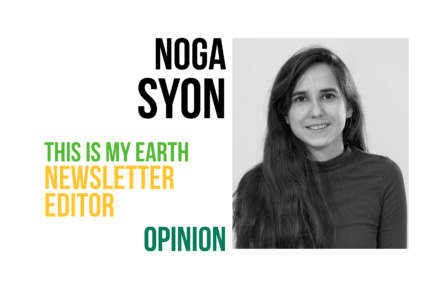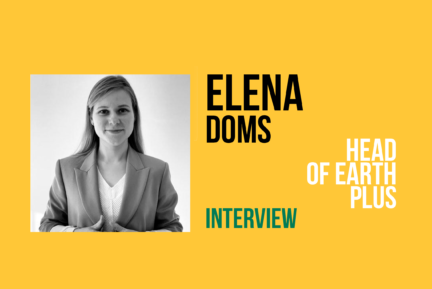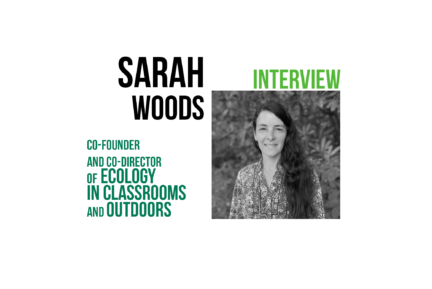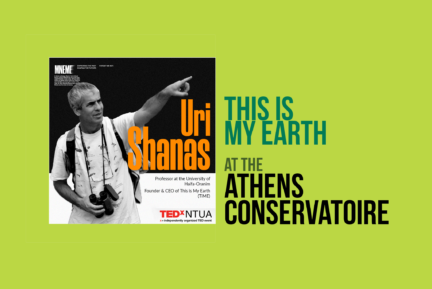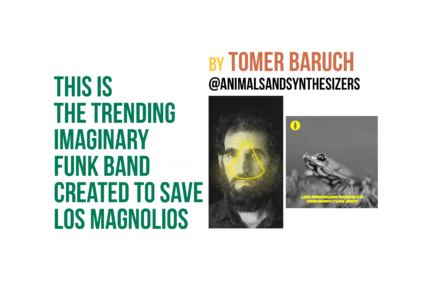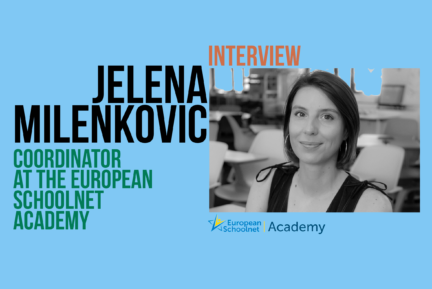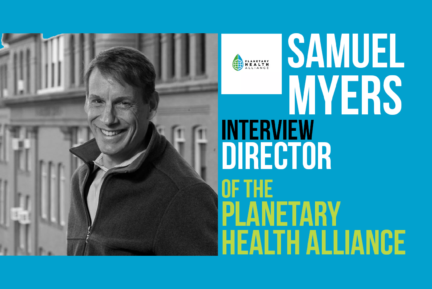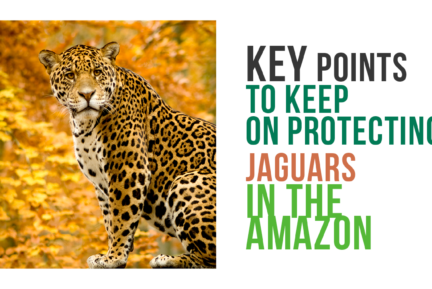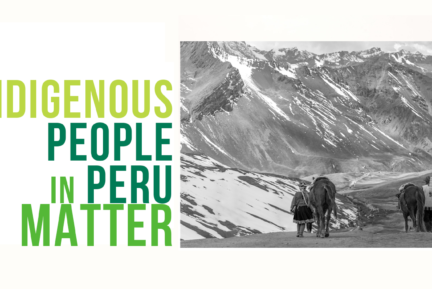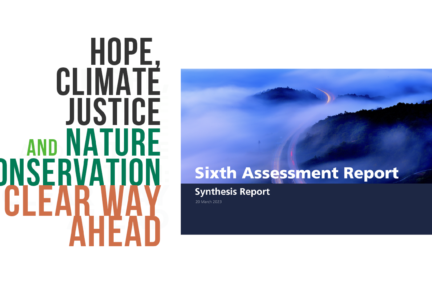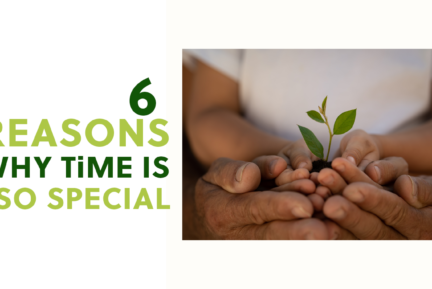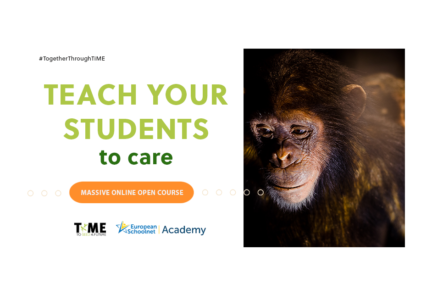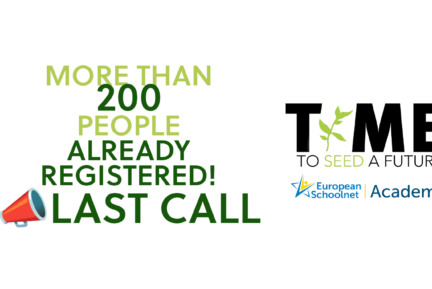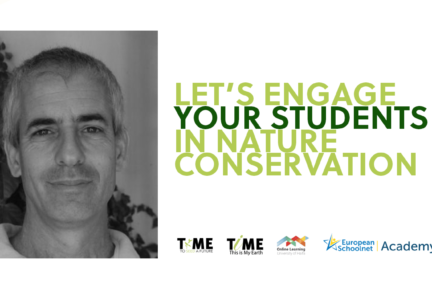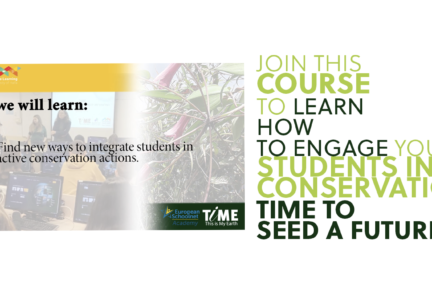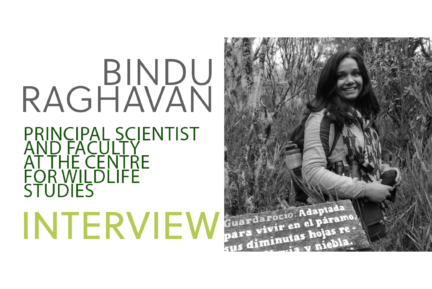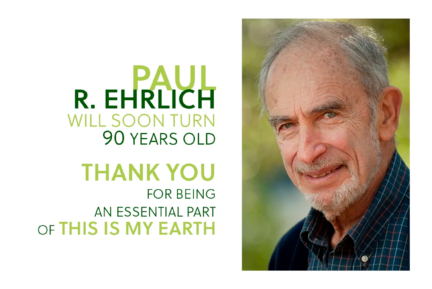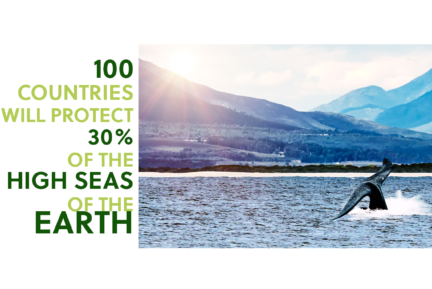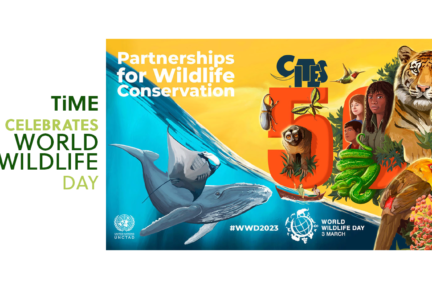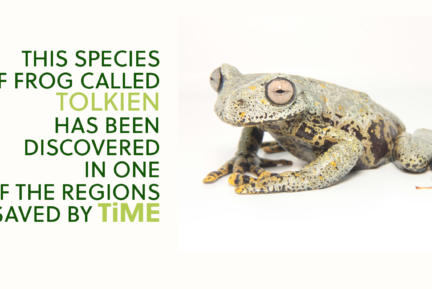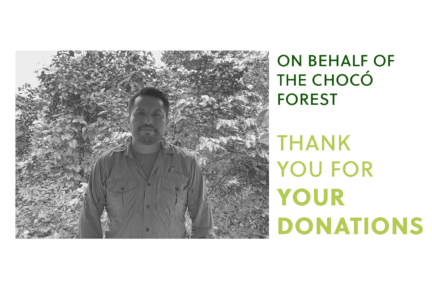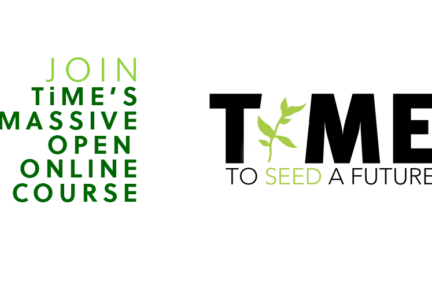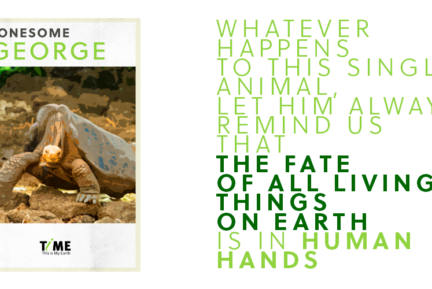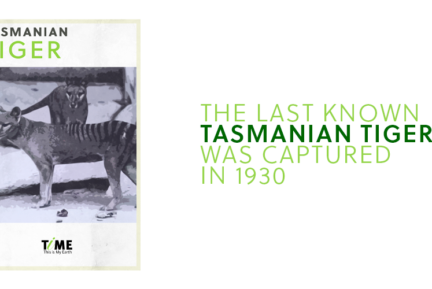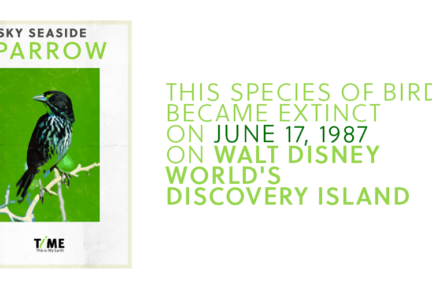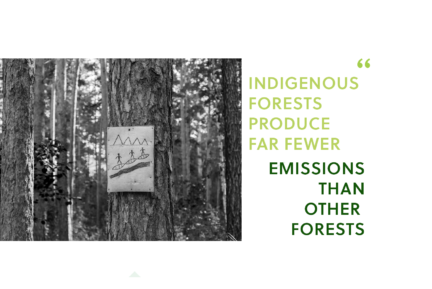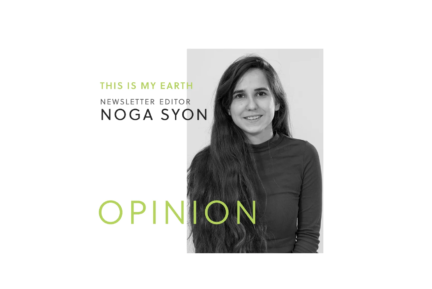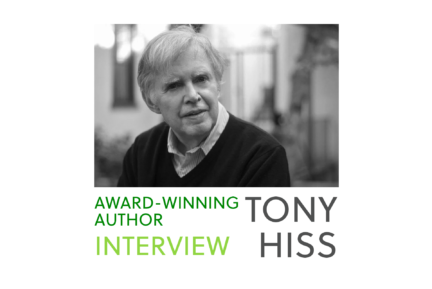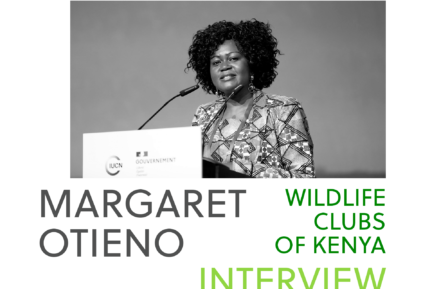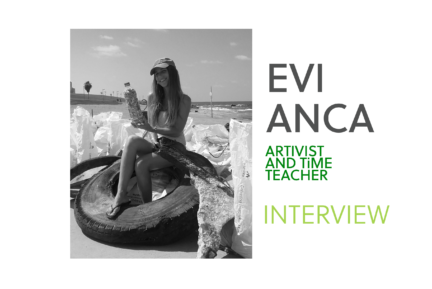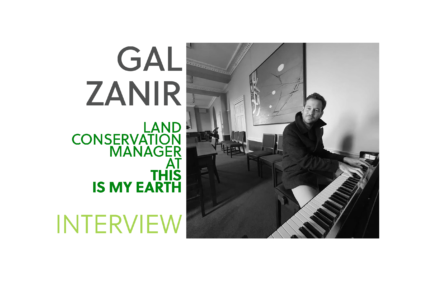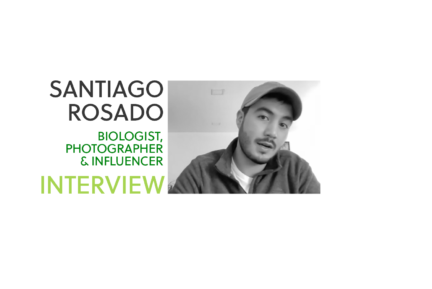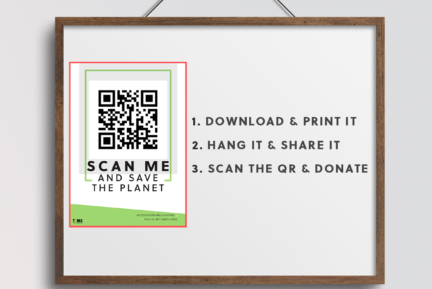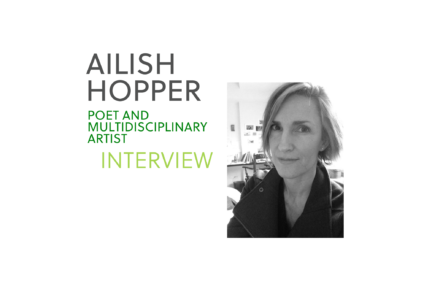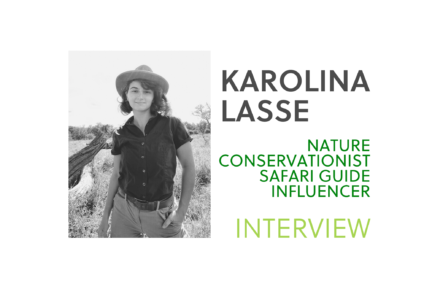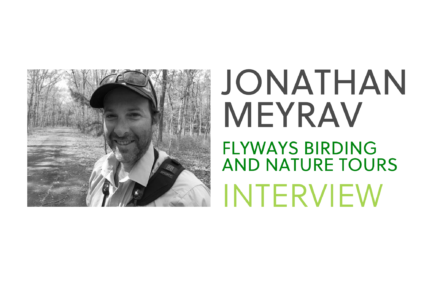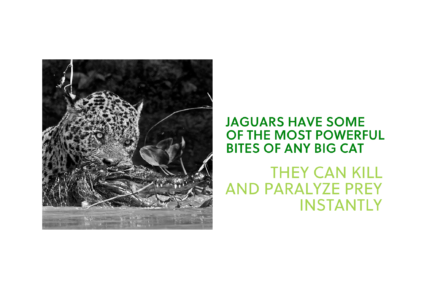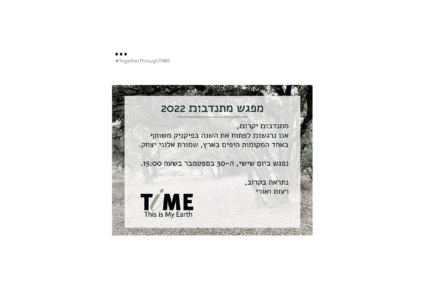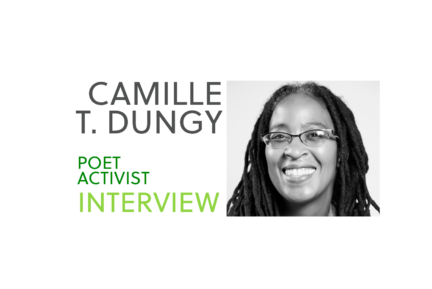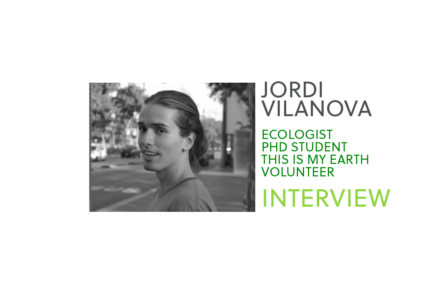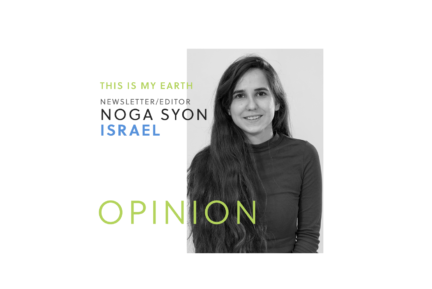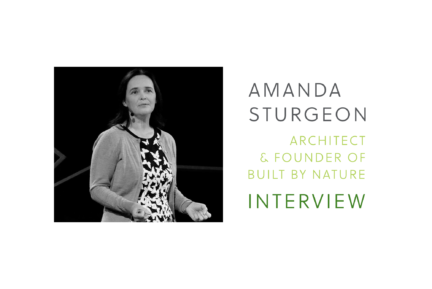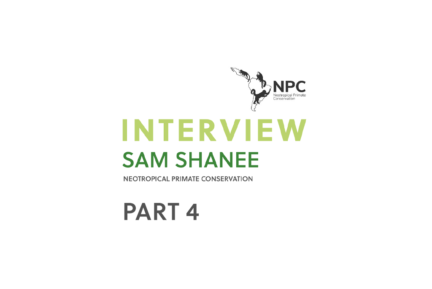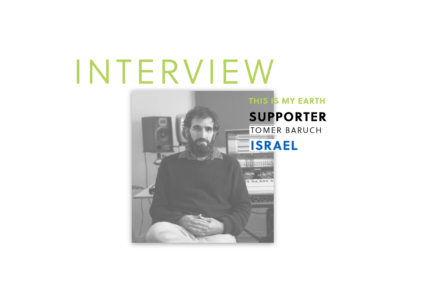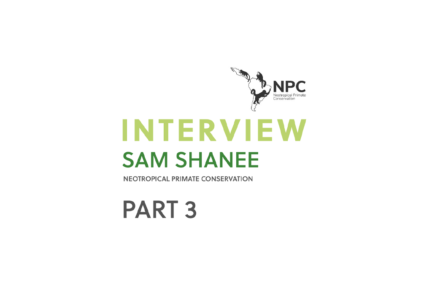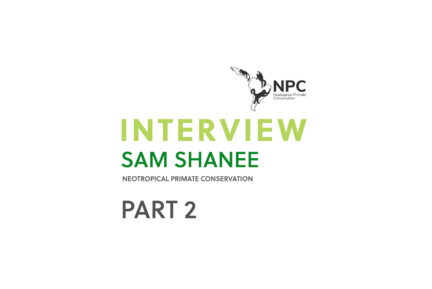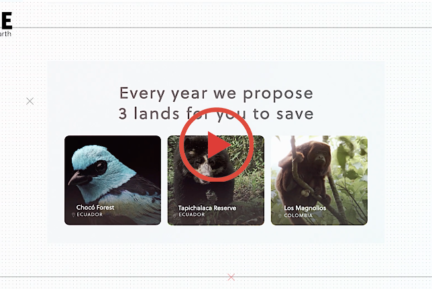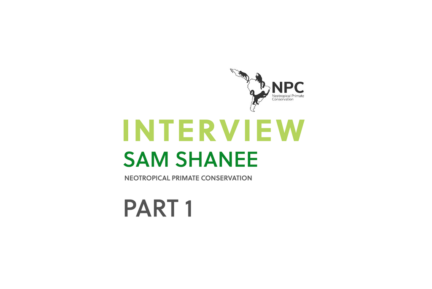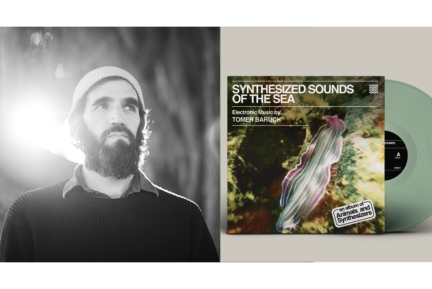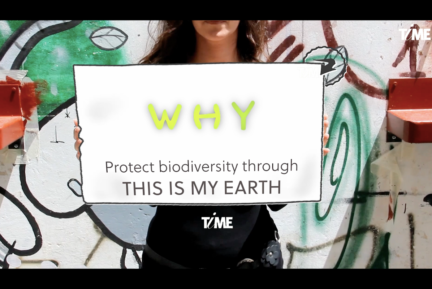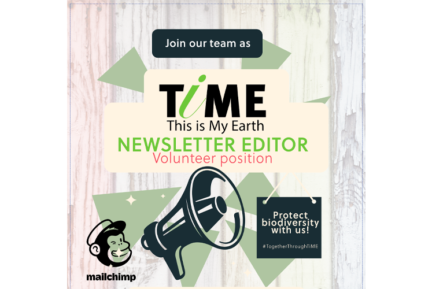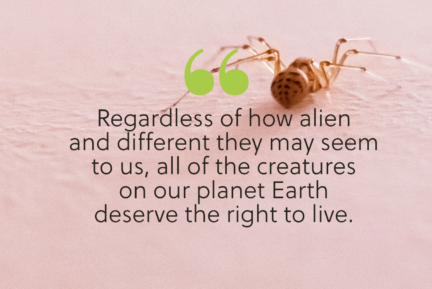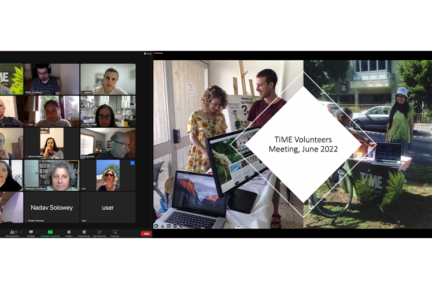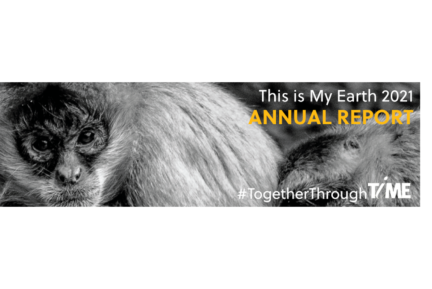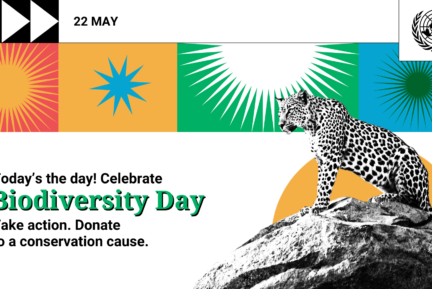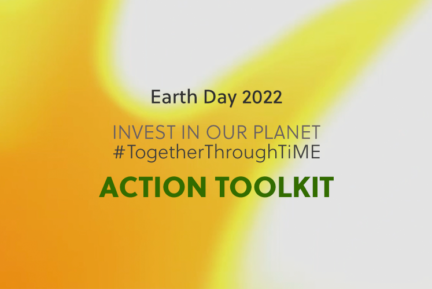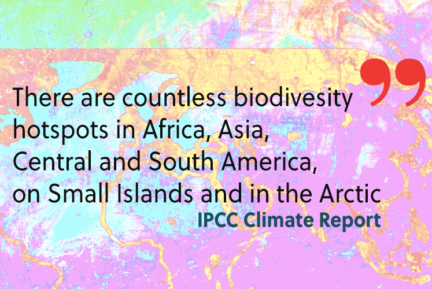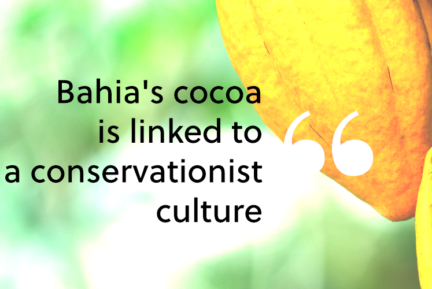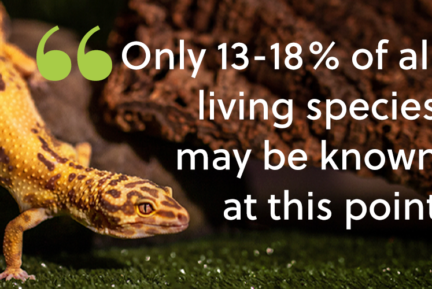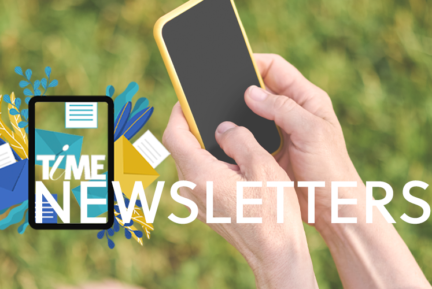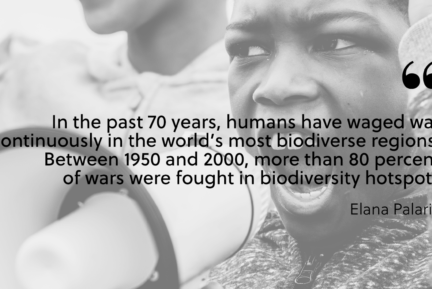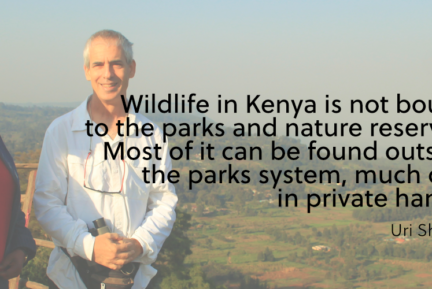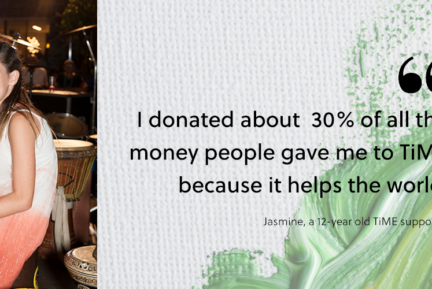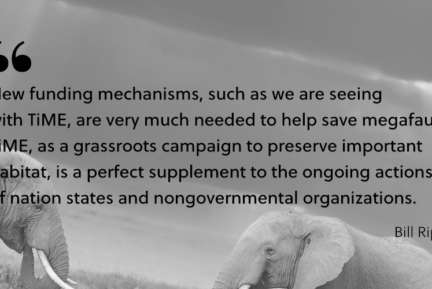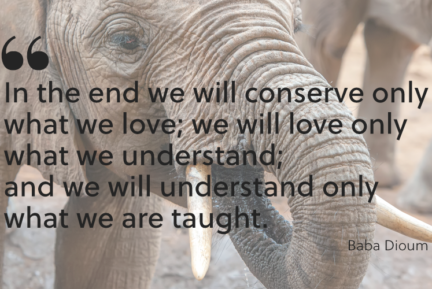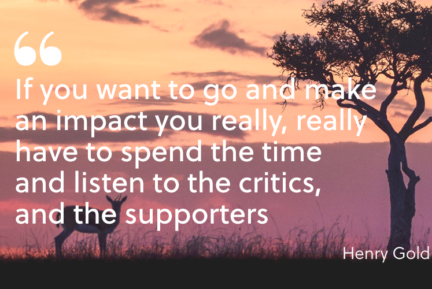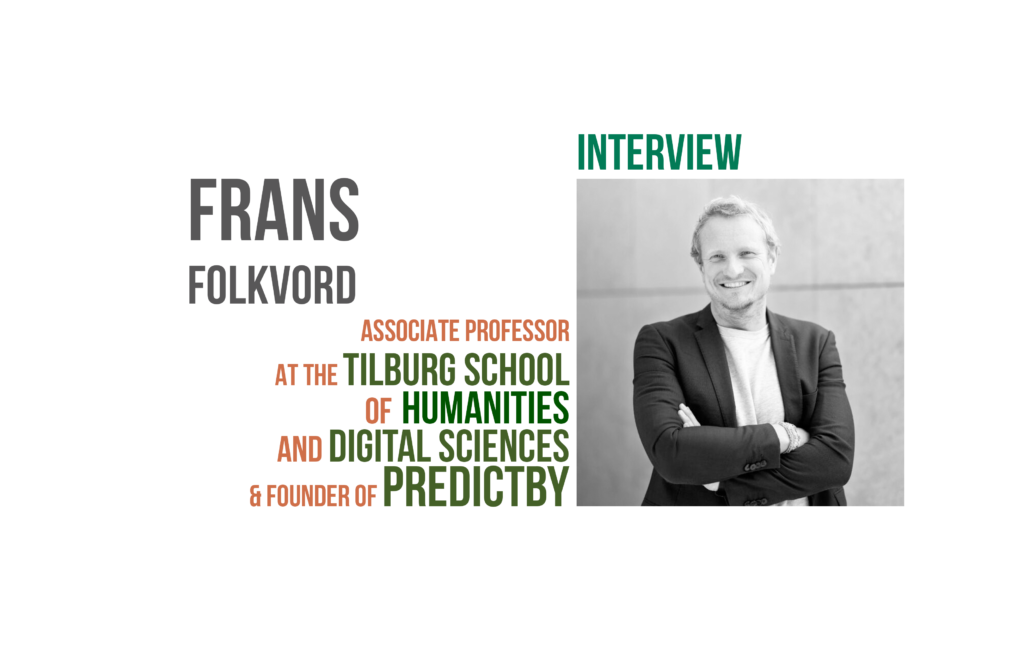
Dr. Frans Folkvord is an associate professor at the Tilburg School of Humanities and Digital Sciences, in the Department of Communication and Cognition, and founder of PredictBy. We had the chance to talk to him about how we all make decisions regarding food consumption and nature conservation and how to change our context.
How would you introduce yourself?
I work as a researcher and consultant for PredictBy in Barcelona. We do a lot of research for the European Commission. We implement different actions and regulations. We study how to take the most efficient and effective steps so that citizens and member states can have valuable and practical tools to implement new policies.
Next, I am an associate professor at Tilburg University in the Netherlands. I work at the School of Humanities and Digital Sciences. I teach bachelor’s and master’s students how communication works and how to use communication for the good.
What does using communication for good mean to you?
Trying to explain to people effectively what they’re doing and guide them toward what they should be doing to live on a healthy and sustainable planet.
Anything else?
Next to that, I’m a father of two young girls! I’m very active in sports and like to read lots of books, so… I’m a very busy human being!
Do you remember a moment of revelation regarding nature stewardship?
I was studying psychology and reading books by Naomi Klein, especially the book No Logo. It was motivating to see its relationship with nature conservation and healthier lifestyles.
I also read many books about sociology, political movements, and the influence of marketing on people. Knowing how the economy, the industry, and the communication approaches are pillars of our societies has been very enlightening.
All of that significantly impacts human brains, builds our context, and directly affects our decision-making. That was when I said, OK, I want to continue. I want to pursue an academic career and use these tools to do good.
Did you leave sports aside?
I wanted to become a tennis professional. However, after reading the book and realizing I would never become a tennis professional, I decided to investigate and try to become a professor and teach at university.
I understood that we are experiencing quite complex things and going negatively. Let’s pursue something that will create a more significant impact.
What can you say about the relationship between diet and climate change?
To sum up, we overeat meat, not enough vegetables and fruits, and our diets are not generally plant-based. At the same time, we’re eating lots of processed foods. And the numbers are growing. We are consuming more and more processed foods, and chronic and preventable diseases are rising due to the food we eat.
While this is happening, the boundaries of our planet are being overused so we can keep on eating unhealthy foods.
We know about pollution, not only about the CO2 levels and the greenhouse effect, but also about the chemical reactions in nature produced by the food industry we have built.
The quality of the water and the air are decreasing, as is the soil biodiversity. Our system could be more efficient in many ways, and capitalism doesn’t care about the consequences of our daily choices.
To sum up, we need to change to more plant-based diets. You can check The Lancet Planetary Health and the example shown by David Attenborough. You can also see many studies published by the United Nations and the World Health Organization.
So, we are consuming unhealthily, which is harmful to our bodies and the planet. Why?
We can choose to eat healthy food and live more sustainable lifestyles. But in the capitalist system we live in, our decisions are not free. More and more scientists are convinced that we don’t have a choice.
What do you mean by that?
Firstly, our choices are mainly symbolic because we have already decided based on the omnipresence of unhealthy food.
I just came back from Barcelona and, at the airport, it is almost impossible to buy something healthy. The only thing you can buy is a bottle of water and a salad that doesn’t taste like a salad. The same happens if you bring your children to theme parks. It’s almost impossible to buy something healthy for them.
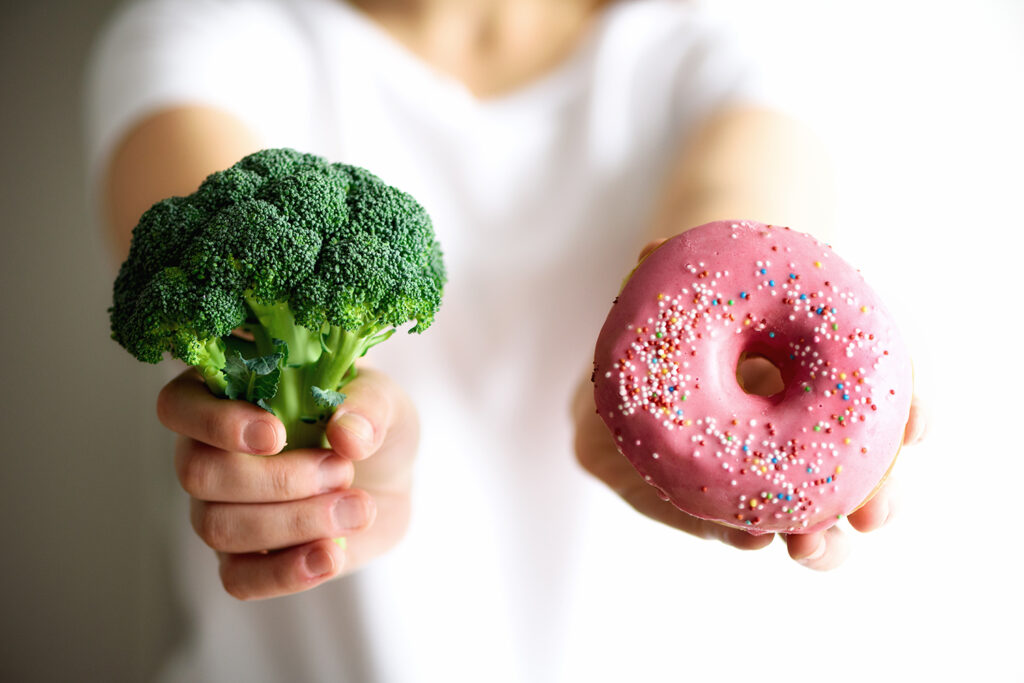
Secondly, in food marketing, 90 to 95 percent goes to promoting unhealthy foods. We also know that, as humans, we have a previous position based on evolutionary processing for unhealthy food because our brains reward foods with high levels of calories to ensure that we survive the day in difficult wild conditions.
Also, these unhealthy processed foods are being sold in a very palatable and easy-to-consume way, making it almost a perfect scenario.
What about diets to lose weight?
There are millions of different diets that you can follow to lose weight. We see that most of the scientific reasons why people fail in diets is that they choose not to follow them over a more extended period.
Obesity is now considered a chronic disease. It is not something you can change through bettering your lifestyle. And it affects both people and planetary health deeply. We thing we have a choice, but our only chance is to change the system. If societies, policymakers, the media, and the industry want it, it’s feasible.
What do your studies on behavioral science tell us about decision-making?
Behavioral science uses the dual process theory, which suggests we have an automatic way of responding to many different choices more reflexively. They call it System One and System Two.
Can you give me an example?
For example, I use my hands while talking but don’t think about it. I do it automatically because I’m expressing something, and I want to reinforce my ideas. All these behaviors are not under our control; they are automatic.
How many decisions does System One make?
Scientific research shows — and this is, of course, a matter of debate — that 90 to 95 percent of our decisions are automatic, so they belong to system one. A tiny part of our behaviors are, in fact, rational.
When do we make rational decisions?
You make a rational decision based on your available information and reflect on it. But for that, you need to process all the information cognitively. You need to understand what the information means and what it means for you, and then you need to decide.
As an example, when choosing food in a supermarket, you have all the nutritional information on the back side of the food package. Let’s say you want to buy spaghetti. You can check on the back side of the product what kind of nutritional information is in the spaghetti; it is accurate, it should be there by law, and you can read all the information. Of course, you need to understand what this information means, and then you can decide. I go to the supermarket every day and see no one doing this.
It takes time to make well-informed decisions… And people need more time. Expecting people to read the nutritional information of everything they buy is unrealistic. People try to shop while their children are nagging; they are concerned about their jobs, the money they don’t have…
So, we all end up making irrational and emotional decisions, and we know it. We will only make better decisions if the context changes. Individuals cannot do it, but governments, policymakers, and health organizations can help change the context. We can provide a cheap option, which has to be the easy and healthy one.
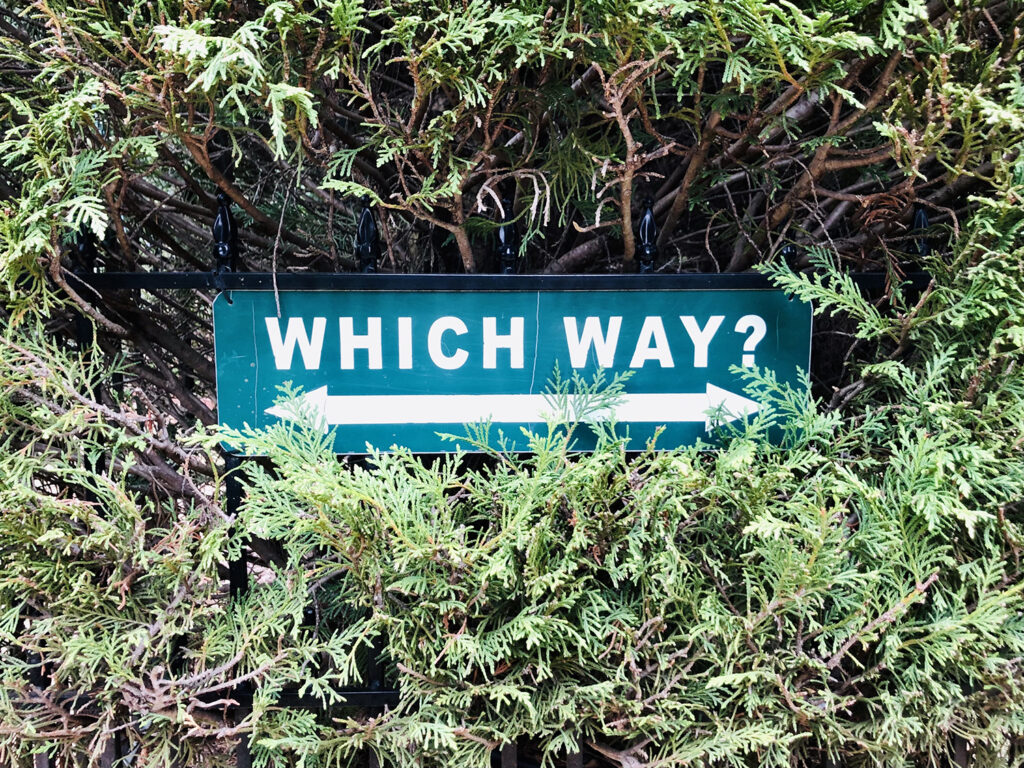
Can we increase our rational decision-making?
We all use information to make a quick decision and think it is good—even the most intelligent people.
That is how marketing works. The industry is pushing you to grab and eat something fast, so you don’t have time to reflect on your decision.
What about the distribution of healthy food?
If you want to make a rational decision, you will probably be surrounded by unhealthy choices. Smoking, drinking — we all know these choices are bad, yet we continue to make them because of our context.
In one of your research papers, you analyze the engagement produced by social media influencers who promote healthy vegetables and fruits among young people. How can we create a more beneficial context on social media?
Promoting healthier foods is effective among children and young people. Some studies show that the same occurs with water. But its effectiveness only increases when we don’t have an unhealthy option. If children can choose between unhealthy, like energy-dense snacks, candies, or chocolate, compared to vegetables or fruit, most children, about 90 percent, will go for the unhealthy option.
And how do you make this not available?
In a commercial context, it is impossible, but in a public context, it’s possible.
As governments, as communities, and as a society, we decide what happens with our tax money and what happens in public contexts like train stations. In the Netherlands, we try banning unhealthy food brands at train stations.
What can you tell us about the Blue Zones (regions in the world where people are claimed to live, or to have recently lived, longer than average)?
The Blue Zones is a lovely concept, and I believe in it. But with globalization and our frenetic lifestyles, they are disappearing. Young people there no longer cook in the same way and have access to unhealthy foods.
But the central concept of the Blue Zones is that if you ask people what kind of life they would like to have, they would want to live in a Blue Zone. The idea that we can all create our own Blue Zone is inspirational.
What about nature conservation? Can it make our lives healthier?
Nature conservation is connected to the idea of going to more plant-based diets. We can teach nature conservation in schools, like you do at This is My Earth, and promote plant-based diets. That way, we will be presenting vegetables and fruits in a cool and “sexy” way, not a childish way. Organizations like Kokkerelli – Kids university for cooking are already doing it.
In the European Union, do you see any threats coming soon to all these trending topics about climate and food sustainability?
I’m involved with many policymaking activities at the EU Commission level, and we are trying to promote these subjects. But democracy is under a lot of pressure. We see the different member states having difficulties with integration in the European Union. We just had the COVID pandemic. And, of course, we have the war in Ukraine. All the changes that need to be implemented are very costly, and the motivation of some member states may decrease because of that.
But all these changes are not an option; they are a need. We need to make them. Because if we wait too long, they will be much more costly.
When will we realize that?
I think at a particular moment the turning point will arrive, and we will see that it is way too expensive to continue like that anymore. But it may be too late, and we’ll have to spend so much money, which we don’t have. The following five to ten years are crucial. The same goes for climate change.
The cost of the forest fires, the floodings, the rain, waterfalls everywhere in Slovenia, Norway, and Italy… The costs of climate change are coming today, and each summer, are increasing.
What is your favorite podcast?
My favorite podcast is Dr. Kelder. It’s a scientifically based podcast by Jort Kelder. Every week, he invites different professors to talk about their primary expertise.
Thank you very much for your TiME!

